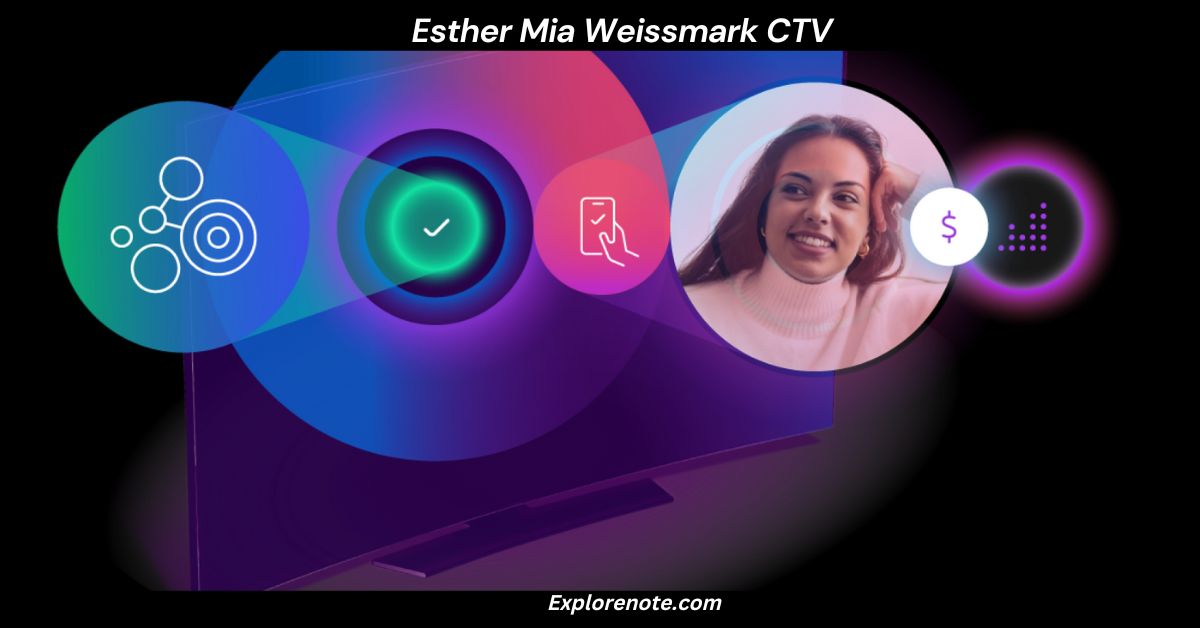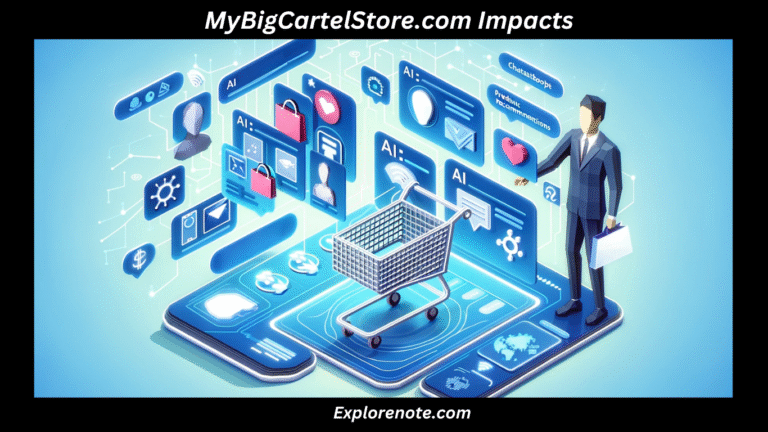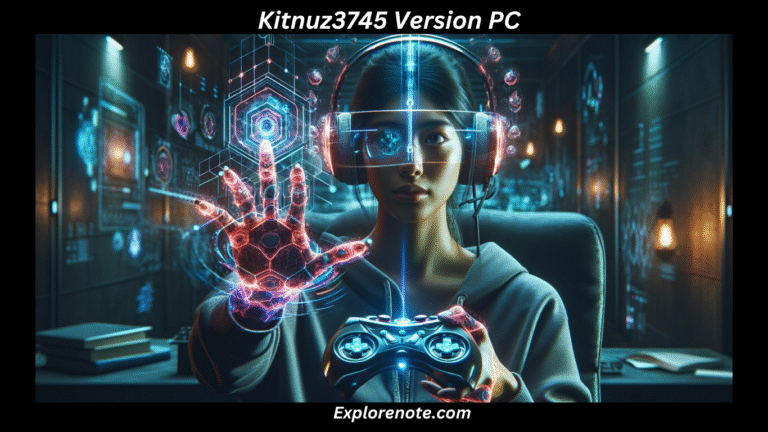Esther Mia Weissmark’s appearances on CTV have brought her groundbreaking work in conflict transformation to the forefront.
Known for her innovative methodologies, Weissmark emphasizes empathy, understanding, and dialogue as essential tools for resolving conflicts and fostering harmonious relationships.
This article dives deep into her achievements, methodologies, and the significance of her work, showcasing why she is a figure of immense relevance in today’s complex social landscape.
Who is Esther Mia Weissmark?
Esther Mia Weissmark is a renowned psychologist, author, and researcher whose expertise lies in conflict transformation.
Her work is grounded in bridging divides between individuals and groups by fostering mutual empathy and understanding.
Weissmark’s CTV features highlight her remarkable ability to address deeply rooted conflicts and offer practical, actionable solutions.
Why is Esther Mia Weissmark’s Work Significant?
Conflict is an inherent part of human interaction, whether in families, workplaces, or between nations. Weissmark’s approach to conflict resolution is unique in that it goes beyond surface-level solutions.
Her emphasis on empathy—truly understanding the perspectives of others—has made her a pioneer in her field.
Her methodologies have been particularly effective in addressing intergenerational conflicts, racial tensions, and cultural misunderstandings.
Key Highlights from Esther Mia Weissmark’s CTV Appearances
Empathy as a Cornerstone for Conflict Resolution
Weissmark underscores the power of empathy in bridging divides. She explains how understanding opposing perspectives helps transform conflict into collaboration.
Her real-life examples illustrate how fostering mutual empathy dissolves hostility and creates lasting peace.
Practical Strategies for Everyday Conflicts
On CTV, Weissmark shares actionable methods that can be applied across diverse settings, from family dynamics to professional environments.
She emphasizes that small shifts in how people communicate—such as active listening and nonjudgmental dialogue—can yield profound outcomes.
Addressing Generational and Cultural Trauma
A significant focus of her appearances involves breaking cycles of intergenerational trauma.
Weissmark explains how unresolved historical conflicts within families or communities can perpetuate division, and she provides tools to heal these emotional legacies.
Science Meets Compassion
Weissmark’s approaches are deeply rooted in psychological research, making her methodologies both effective and credible.
She bridges scientific rigor with a human-centered focus, showing how individuals can adopt her strategies for meaningful change in their lives.
Global Relevance of Her Work
Her insights on cultural sensitivity resonate widely, as she tailors her conflict resolution techniques to diverse cultural and social contexts.
This adaptability highlights her methodologies’ global applicability, particularly in multicultural societies and international relations.
What Makes Weissmark’s Methodologies Unique?
Esther Mia Weissmark’s methodologies stand out for their innovative, science-backed approaches and their adaptability to real-world conflicts. Here are the key factors that set her work apart:
Empathy-Centered Framework
Weissmark’s primary focus is on fostering empathy between conflicting parties. Unlike traditional conflict resolution models that emphasize compromise or surface-level solutions, her methodology delves deeper, encouraging individuals to genuinely understand and feel the emotions and perspectives of others.
This empathy-first approach creates a stronger foundation for sustainable resolution.
Root Cause Analysis
Instead of treating symptoms of conflict, Weissmark’s techniques focus on uncovering and addressing the root causes.
By exploring underlying emotions, historical grievances, and psychological triggers, her methods enable long-term healing and reconciliation.
Science-Driven and Evidence-Based
Weissmark integrates rigorous psychological research into her practice. Her work is not only theoretical but also supported by data and case studies, making her techniques both credible and practical.
Her research on intergenerational trauma and cultural conflicts highlights the tangible impact of her methodologies.
Cultural Sensitivity and Adaptability
Her approaches are designed to be adaptable across different cultural and social contexts.
Weissmark emphasizes the importance of understanding cultural nuances when resolving conflicts, making her methods globally applicable.
This adaptability is particularly crucial in
multicultural societies and international negotiations.
Focus on Dialogue Over Compromise
Traditional conflict resolution often revolves around finding a middle ground or compromise, but Weissmark prioritizes open dialogue.
By fostering honest and respectful conversations, she ensures that both parties feel heard and valued, leading to resolutions that are more comprehensive and satisfying for everyone involved.
Why These Methodologies Matter
Weissmark’s unique approach goes beyond resolving immediate disputes. By fostering empathy, addressing root causes, and promoting cultural sensitivity, her methodologies help create lasting harmony and understanding.
They serve as a blueprint for individuals, organizations, and nations seeking meaningful and sustainable conflict transformation.
Esther Mia Weissmark’s Impact on Society
Weissmark’s influence extends beyond her television appearances. Her books, lectures, and workshops have inspired countless individuals to approach conflict with empathy and understanding.
Her contributions have been recognized by academic institutions and organizations worldwide, solidifying her as a thought leader in her field.
How Can You Apply Weissmark’s Principles in Your Life?
Practice Active Listening:
Listening is the foundation of empathy. Focus on truly understanding what the other person is saying, without interrupting or judging.
Engage in Constructive Dialogue:
When addressing conflicts, prioritize understanding over winning. Ask open-ended questions and strive to understand the other person’s perspective.
Reflect on Your Own Biases:
Weissmark often emphasizes the importance of self-awareness. Recognizing your own biases can help you approach conflicts with an open mind.
Encourage Open Communication:
Create environments where people feel safe to express their thoughts and feelings. This is particularly important in workplaces and families.
FAQs about Esther Mia Weissmark CTV
Q: Who is Esther Mia Weissmark?
Esther Mia Weissmark is a psychologist and conflict resolution expert known for her emphasis on empathy and dialogue. Her work has been featured on CTV and other prominent platforms.
Q: What is conflict transformation?
Conflict transformation is the process of addressing the root causes of conflict and fostering positive change through understanding, empathy, and dialogue.
Q: How can I use Weissmark’s methods in my daily life?
Start by practicing active listening, engaging in constructive dialogue, and reflecting on your own biases. These small changes can have a big impact.
Q: Why is empathy important in conflict resolution?
Empathy allows individuals to understand the perspectives and emotions of others, creating a foundation for meaningful dialogue and resolution.
Q: Where can I learn more about Esther Mia Weissmark’s work?
Weissmark’s books, lectures, and television appearances, including those on CTV, are excellent resources for understanding her methodologies.
Conclusion
Esther Mia Weissmark’s work in conflict transformation has had a profound impact on individuals, communities, and organizations worldwide.
Her appearances on CTV have brought much-needed attention to her innovative approaches, emphasizing the importance of empathy and dialogue in resolving conflicts.
By adopting her principles in our daily lives, we can contribute to a more harmonious and understanding world.
For those seeking deeper insights into Weissmark’s methodologies, her television features, books, and workshops are invaluable resources.
Her legacy is a testament to the transformative power of empathy and the human capacity for understanding and growth.










